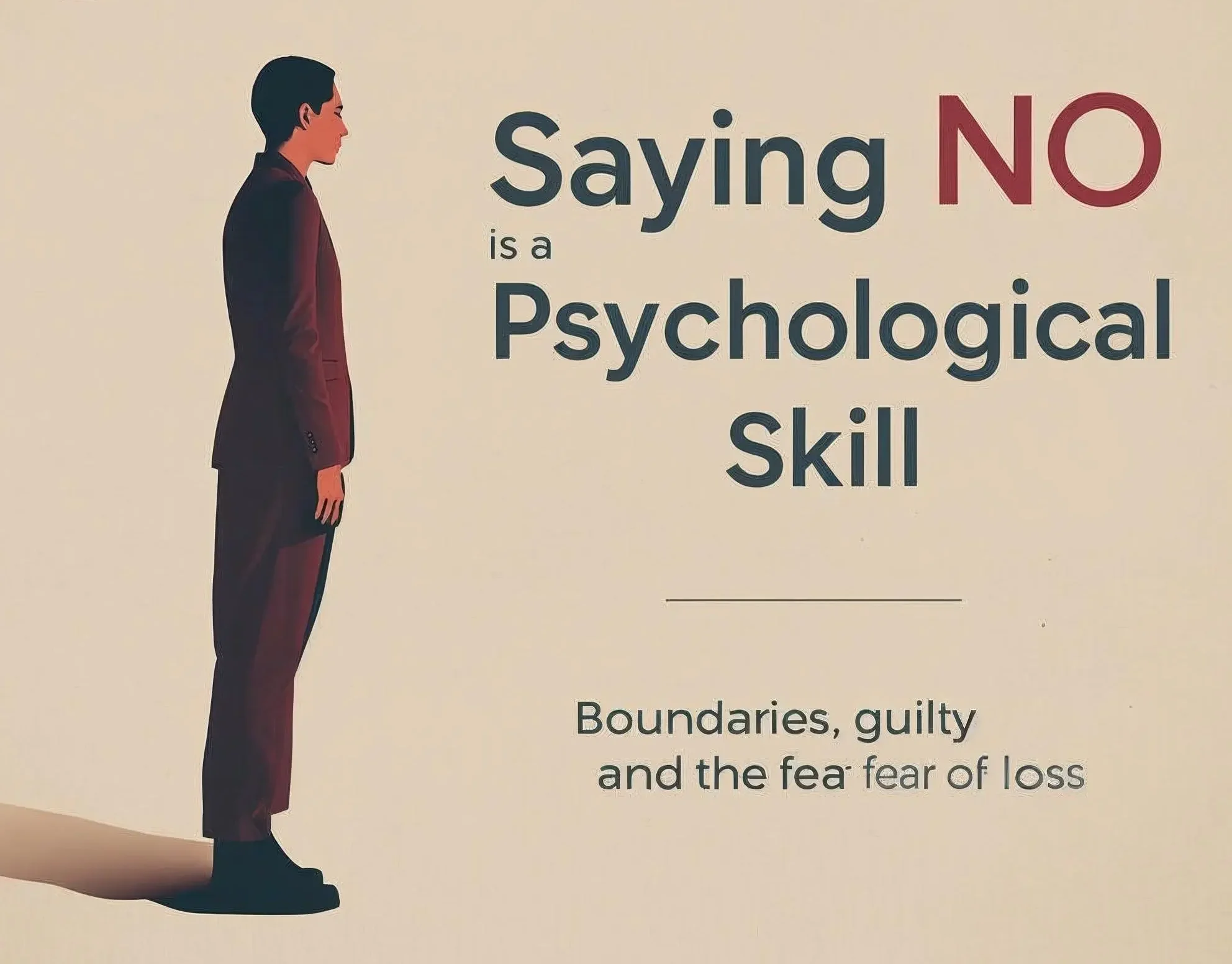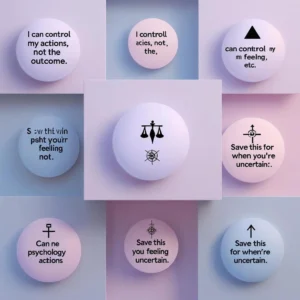💥 10 Subtle Manipulation Tactics That Reveal a Toxic Person – With Real-Life Examples
Some people don’t attack you with fists — they attack your confidence. Emotional manipulation often comes wrapped in smiles, jokes, and “concern.” If you’ve ever walked away from a conversation feeling confused, guilty, or like you’re always the problem — it’s time to pay attention.
Here are 10 real-world examples of toxic manipulation tactics people use to control you — without you even realizing it.
1️⃣ “Just Joking” Is a Mask for Insults
📍Example:
“You wore that to work? Haha, relax, I’m just joking.”
You force a laugh — but it stings.
🎯 What’s really happening:
They’re testing how much they can insult you under the radar. When you protest, they gaslight you: “Can’t you take a joke?”
2️⃣ Mocking You in Front of Others = Strategic Humiliation
📍Example:
In front of friends: “Tell them how you cried because your food delivery was late. Adorable, right?”
Laughter. You shrink.
🎯 Why they do it:
To feel powerful by making you the punchline. Your discomfort feeds their ego.
3️⃣ Interrupting Constantly Is a Power Move
📍Example:
You start explaining something and they cut you off:
“Yeah, yeah — I know what you’re gonna say.”
You never get to finish.
🎯 What it means:
They don’t respect your voice. They dominate conversations to feel superior.
4️⃣ Excessive Praise Sets You Up for Control
📍Example:
“You’re the smartest person I’ve ever met.”
Later: “Honestly, I expected more from you. You’re disappointing.”
🎯 What they’re doing:
They hook you with compliments, then withdraw them to make you chase approval. It’s emotional conditioning.
5️⃣ Bringing Up the Past to Keep You Small
📍Example:
“Remember that time you forgot my birthday three years ago? That’s why I can’t trust you.”
Even after multiple apologies.
🎯 What’s going on:
They don’t want resolution — they want control. Repeating your mistakes keeps you in emotional debt.
6️⃣ Playing the Victim to Avoid Responsibility
📍Example:
You catch them lying. They respond:
“I was afraid you’d get mad. I didn’t want to hurt you.”
Suddenly, you’re the bad guy.
🎯 Their goal:
To flip the script. If they’re always the victim, they never have to change.
7️⃣ Guilt-Tripping: “You Made Me Feel This Way”
📍Example:
“I’m only angry because you made me feel ignored. I wouldn’t be like this if you cared.”
🎯 Why it’s toxic:
They assign their emotional state to your behavior — making you responsible for their feelings.
8️⃣ Hot and Cold Behavior Is Emotional Chaos
📍Example:
One day: constant texts, compliments, attention.
Next day: silence, coldness, distance.
Repeat.
🎯 What they’re doing:
They’re keeping you off balance — addicted to the good days, stuck in the bad ones.
9️⃣ Deflection: Changing the Subject When You Call Them Out
📍Example:
“Why didn’t you tell me about that dinner?”
“Why are you always so paranoid? You didn’t even text me yesterday!”
Now you’re on the defensive.
🎯 Their strategy:
Avoid accountability. Turn every question into an attack on you.
🔟 “If You Loved Me…” = Emotional Blackmail
📍Example:
“If you really loved me, you’d quit that job.”
“If I mattered, you’d cancel your trip.”
🎯 Why it’s manipulation:
Love becomes a weapon — something you must prove through sacrifice. That’s not love. That’s control.
🧠 Final Truth: You’re Not Overreacting. They’re Overcontrolling.
The most dangerous manipulation doesn’t come from people shouting — it comes from those who subtly distort your sense of reality, worth, and truth.
They want you unsure, silent, dependent.
📌 You don’t owe anyone your peace, clarity, or energy — especially someone who keeps draining it.
📚 References
- Braiker, H. B. (2004). Who’s Pulling Your Strings? How to Break the Cycle of Manipulation and Regain Control of Your Life. McGraw-Hill.
- Lancer, D. (2014). Codependency for Dummies. Wiley.
- Forward, S. (1997). Emotional Blackmail: When the People in Your Life Use Fear, Obligation, and Guilt to Manipulate You. HarperCollins.
- Stines, S. M. (2017). Gaslighting: A covert type of emotional abuse that’s incredibly destructive. Psychology Today.
https://www.psychologytoday.com/us/blog/communication-success/201701/gaslighting - Simon, G. (2010). In Sheep’s Clothing: Understanding and Dealing with Manipulative People. Parkhurst Brothers Publishers.
- Teitelbaum, J. (2019). Subtle Signs of Emotional Abuse. Healthline.
https://www.healthline.com/health/signs-of-emotional-abuse - American Psychological Association (APA). Dictionary of Psychology.
https://dictionary.apa.org/















Post Comment